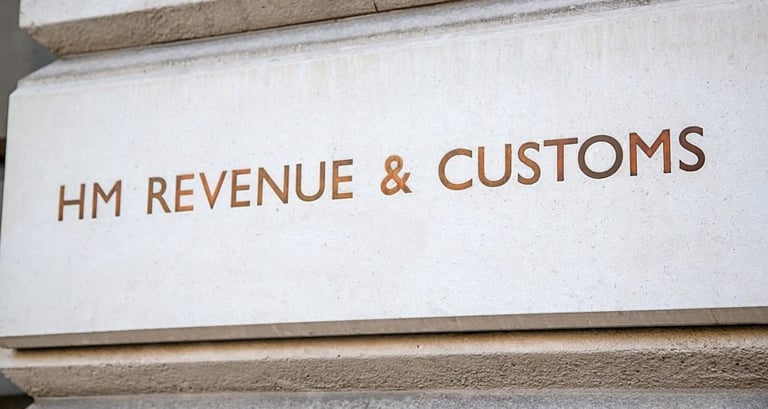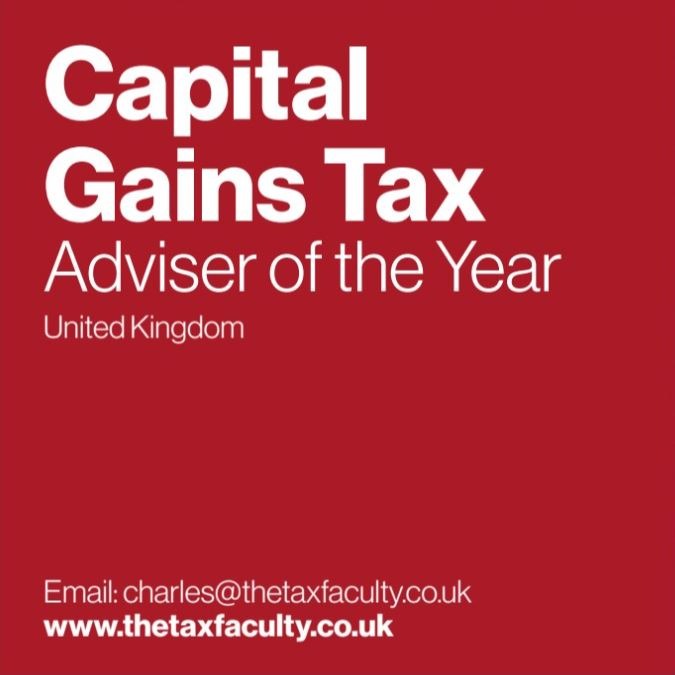HMRC Information Notices: What You Need to Know
Understanding HMRC's Information Notices is crucial for taxpayers. This guide delves into what these notices are, your obligations, and how to respond effectively.
HMRCCOMPLIANCEINFORMATION NOTICESFINANCE ACTTAX RETURN
The Tax Faculty
7/3/20253 min read


What Is an HMRC Information Notice?
Put simply, An HMRC Information Notice is a formal request for information or documents related to your tax affairs. These notices are issued under Schedule 36 of the Finance Act 2008, allowing HMRC to check your tax position.
They can be directed at taxpayers, third parties, or financial institutions
Types of Information Notices
Taxpayer Notices: Issued directly to taxpayers to obtain information about their tax position.
Third Party Notices: Directed at individuals or entities holding information about another taxpayer.
Financial Institution Notices: Sent to banks or financial institutions for details about a taxpayer's financial activities.
When Can HMRC Issue a Notice?
HMRC can issue an Information Notice when:
They are checking a tax return or claim.
They suspect an under-assessment of tax.
They need information for taxes other than income tax, CGT, or corporation tax.
They require details about tax deductions or repayments.
However, they cannot request documents older than six years unless specific conditions are met.
Your Obligations
Upon receiving a notice, you must:
Provide the requested information within the specified timeframe.
Ensure the information is accurate and complete.
Failure to comply can result in penalties, including fines.
Challenging a Notice
You have the right to appeal an Information Notice if:
The information requested is not reasonably required.
The notice was issued without proper authority.
Appeals must be made within 30 days of receiving the notice
Best Practices
Seek Professional Advice: Consult a tax advisor to understand the implications of the notice.
Limit Information Provided: Only submit information that is legally required.
Maintain Records: Keep detailed records to support your tax filings.

Final Thoughts: A Summary
Here's what you need to remember:
Stick to what HMRC can legally demand – only statutory records and documents reasonably required for the active enquiry.
Use Schedule 36, section 21 to resist fishing expeditions into past periods where HMRC can’t validly conduct an enquiry or discovery assessment.
Peace of mind starts with knowing your rights – as seen in real‑world cases, pushing back on unreasonable demands can close multiple enquiries at once.
🧭 What This Means for You
You now have a clear roadmap: if HMRC goes too far back or asks for excessive information, ask yourself whether they actually have the legal basis to do so. If not, you’re entitled to say no—and to appeal.
✅ What You Should Do Next
Review the notice you received—does each request align with a valid and legally enforceable enquiry?
Seek professional guidance if you're unsure. A seasoned tax adviser, like those at The Tax Faculty, can check whether HMRC's request holds up.
Respond strategically—don’t volunteer excess material that might drag you into a wider, possibly endless investigation.
Capital Gains Tax Expertise: The Tax Faculty LLP Managing Partner Charles Tateson Named UK Capital Gains Tax Advisor of the Year 2023
The Finance Monthly Taxation Awards recognises the achievements of tax professionals from around the globe.
Winning such an award is no small feat. It is a reflection of hard work, extensive knowledge, and an ability to navigate the intricacies of the UK tax system.
Read more about Charles and the award here.



Contact Us
Contact us today on freephone 0800 0016 878 for a free consultation on all tax issues, or fill out the handy form below and we'll get back to you as soon as possible.
Alternatively, you can email us at info@thetaxfaculty.co.uk or complete the form below.
(Please note, non-UK callers may need to call 0207 101 3845 if your line cannot connect to our 0800 number)
Feel free to contact us through WhatsApp - we accept calls and messages.
Simply click the WhatsApp button below:
The Tax Faculty LLP - info@thetaxfaculty.co.uk
Call us on 0800 0016 878 for a free consultation
Copyright © 2024 The Tax Faculty LLP - All Rights Reserved


